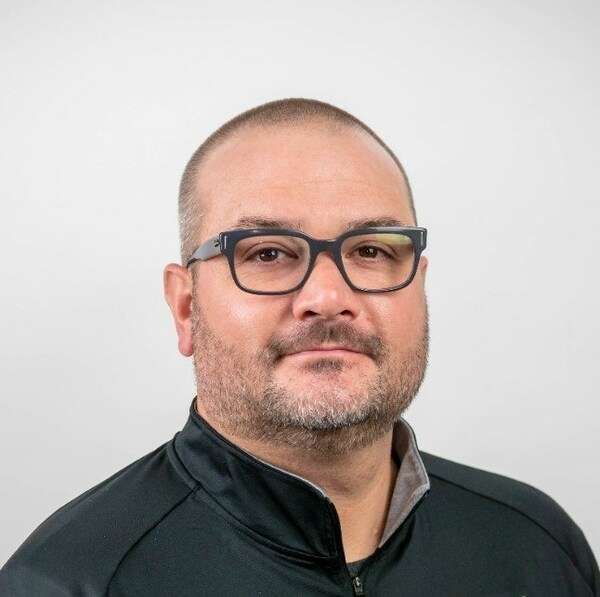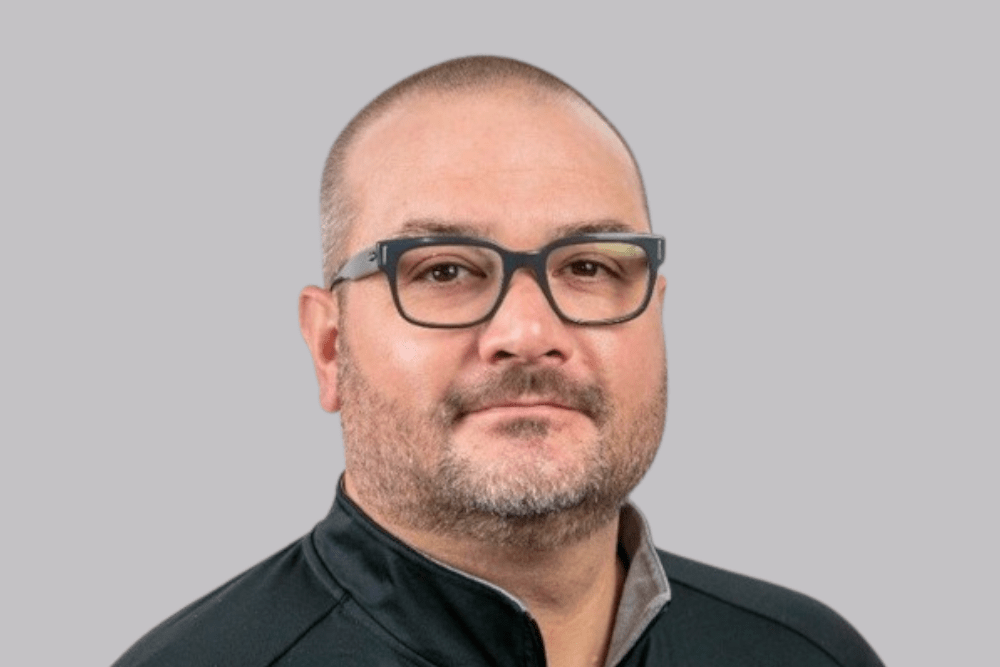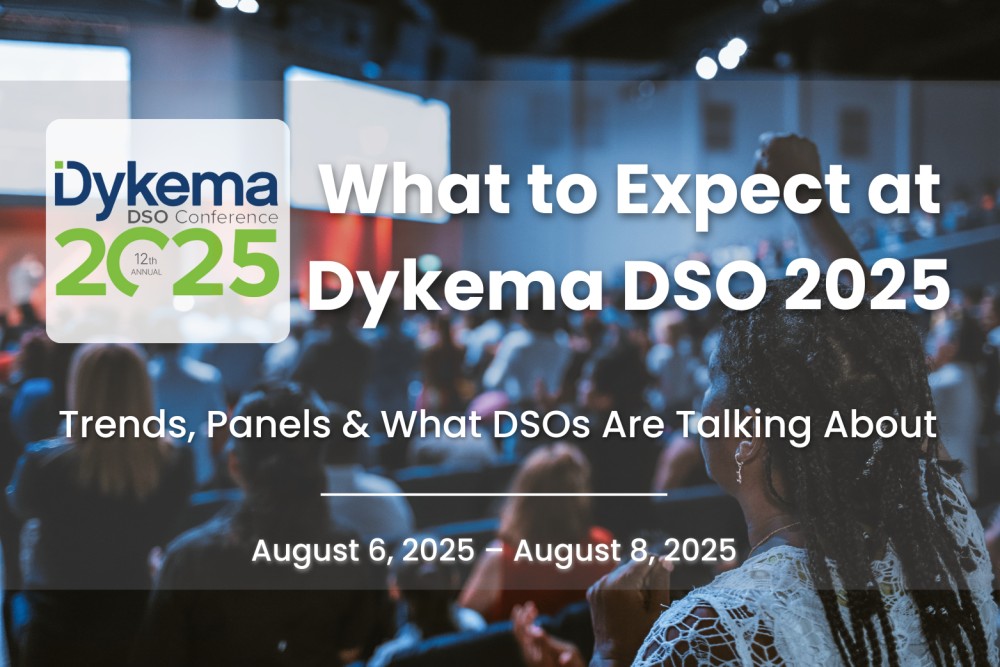
CERTIFY Health’s Jeremy Hummer talks about the need for urgency and innovation as soon as patients take their first step into treatment.
GAITHERSBURG, Md., Dec. 22, 2023 /PRNewswire/ — Jeremy Hummer was drawn to CERTIFY Health by its commitment to genuine disruption. He saw the potential for changing an element of patient experience that receives very little attention – what happens when patients first arrive at the doctor’s office.
“Nobody looks forward to the doctor’s waiting room,” says Jeremy. “We just accept the clipboard as inevitable. We’ve done it a thousand times. We’ve taken precious time out of work and while we’re trying to remember if we’re allergic to latex, we’re not seeing the doctor.
“This is not encouraging people with issues to visit the doctor, and that can be seriously detrimental to our health as individuals and as a population.
“It’s not just about convenience. There’s data to suggest that people are put off getting the care they need by this experience.
“Not enough people feel comfortable going to the doctor anyway; outdated and laborious systems don’t help,” he says.
Jeremy believes that technology can alleviate the pressure on key workers and provide a critical expansion of bandwidth.
One of the other issues is a crisis in Healthcare staffing. Jeremy saw members of his own family face the struggle in front-line roles during the pandemic. “What the staffing crisis has done is to add more pressure to people who are in the most challenging roles. I’ve seen the effect it’s had on them.”
“Clipboard based processes create opportunities for consequential human error: I could forget something that’s important; my handwriting – which is the kind of chicken scratch you usually see on forms like this – could be misread or misunderstood; even my name could be misspelled, leading to issues down the line with my insurance. And while they’re doing that, their focus is taken away from you as a patient.
“When you go to the Apple store, they don’t hand you a plastic pen and an old clipboard. How much faith can we expect to have in an admissions process that feels like it hasn’t evolved in decades? Surely our bodies are more important to us than our iPhones,” Jeremy says.
There are many ways to change this picture. Jeremy and his colleagues believe that facial recognition will be the most significant leap forward.
“Imagine walking into your doctor’s office and not having to fill out anything at all,” he says. “No clipboards, no chicken scratch, no delays and no mistakes. The person you meet in that doctor’s office can focus on you and how you’re feeling. Just think what that could do for children, or the elderly.
“It’s about creating positive change across the whole industry,” he says. “When it’s time for us or our loved ones to need this process, I think we all hope it will be as easy and reassuring as possible. That’s all the motivation any of us should need to drive this change.”
Media Contact:
Jeremy Hummer
jeremyhummer@certifyhealth.com
+2404901803











